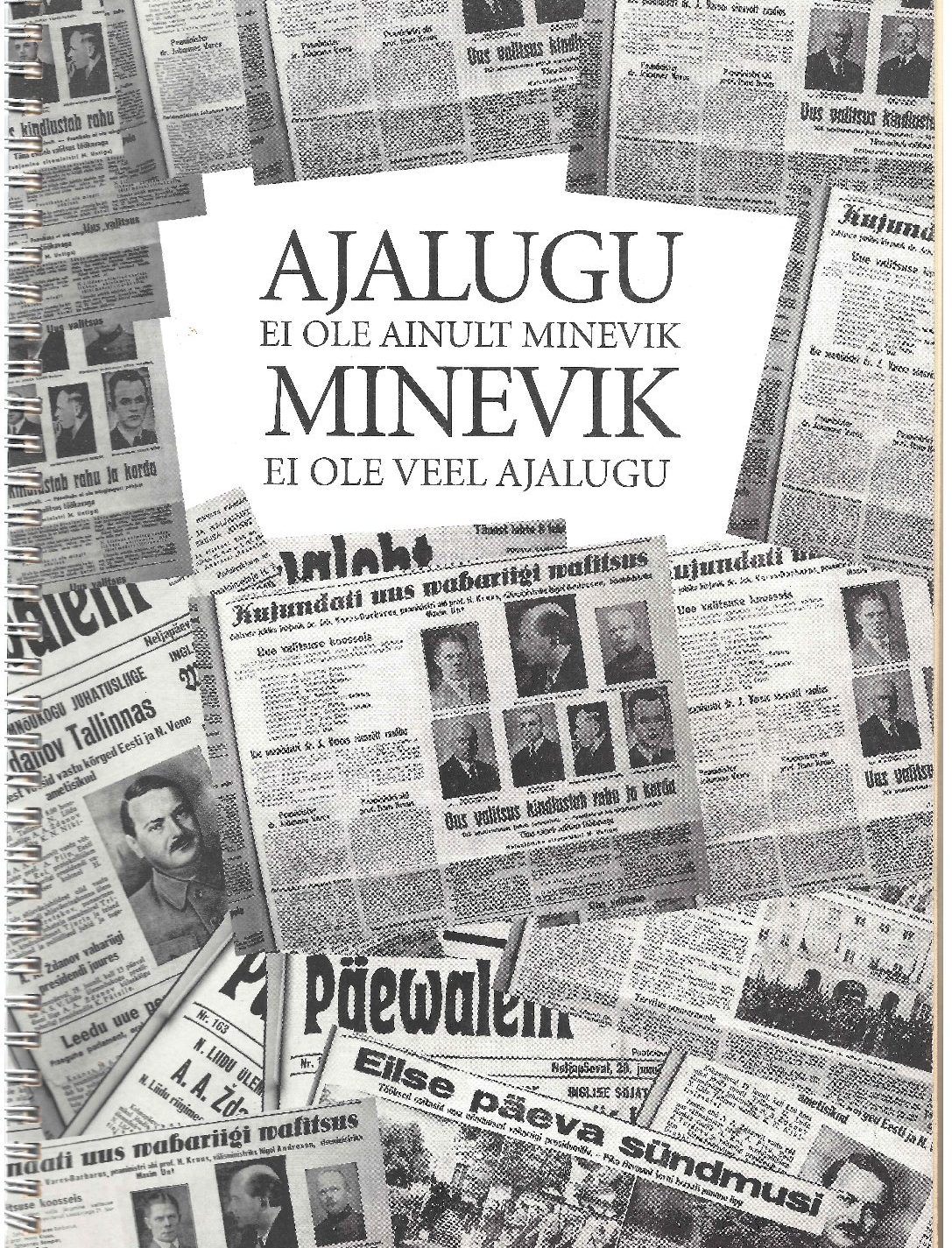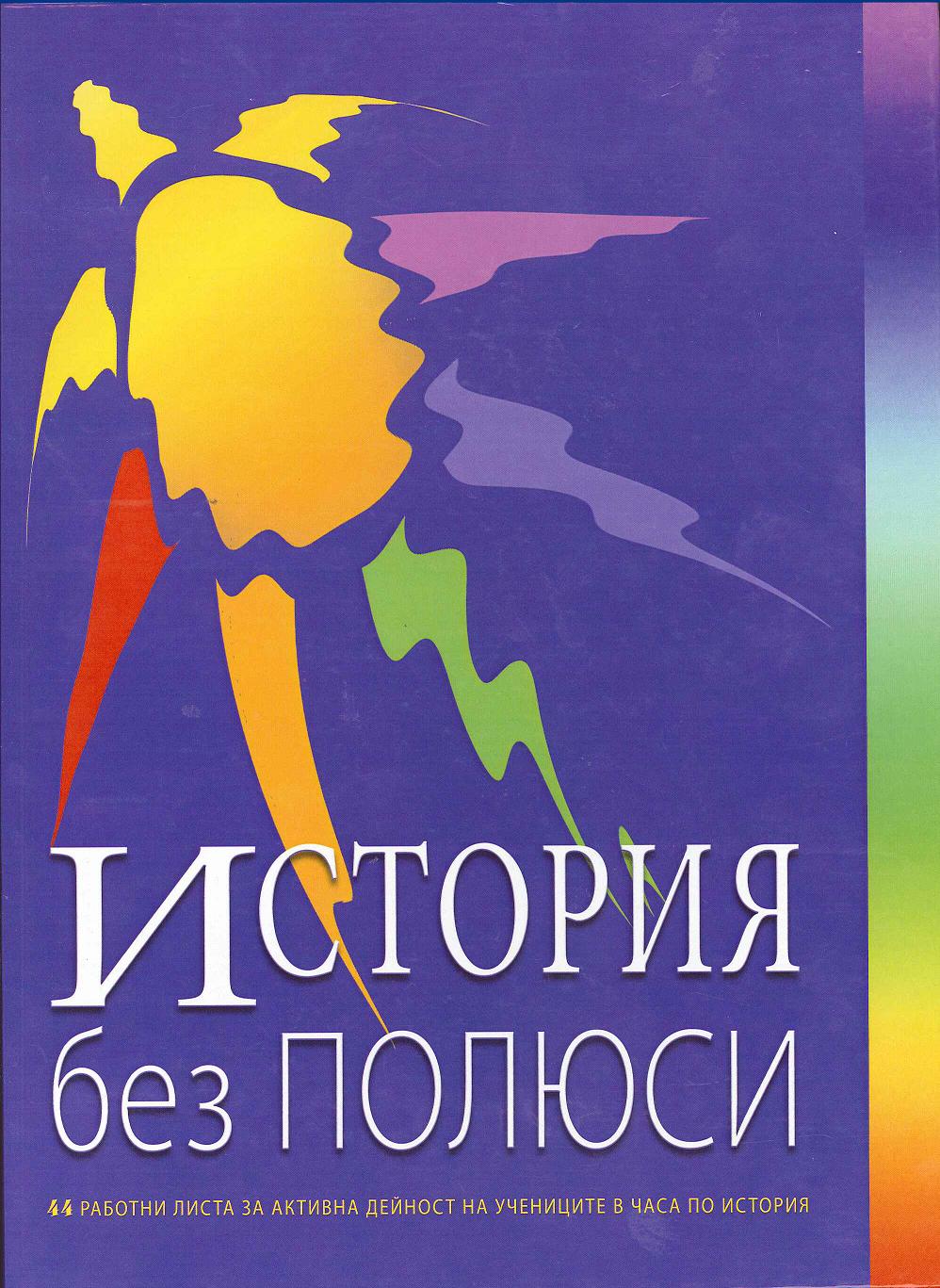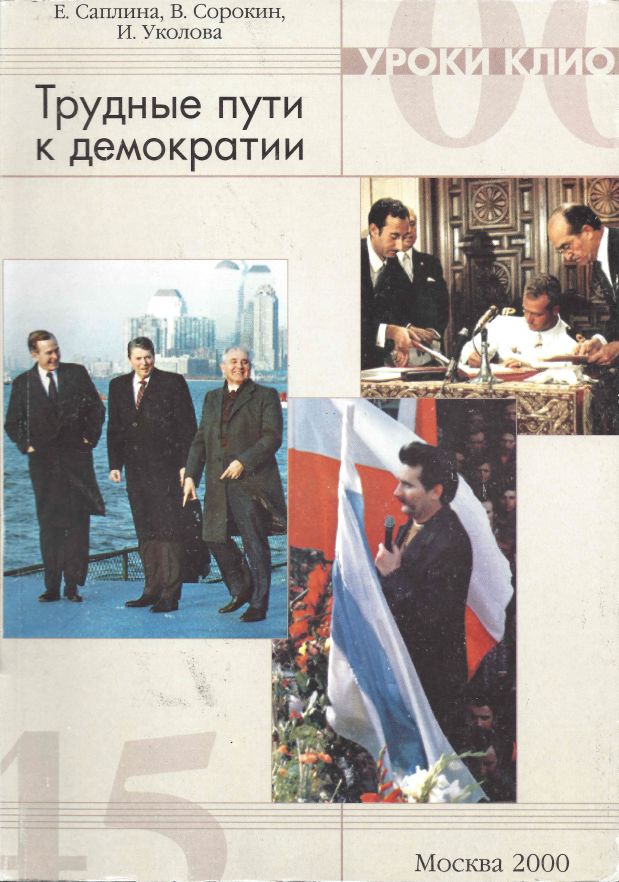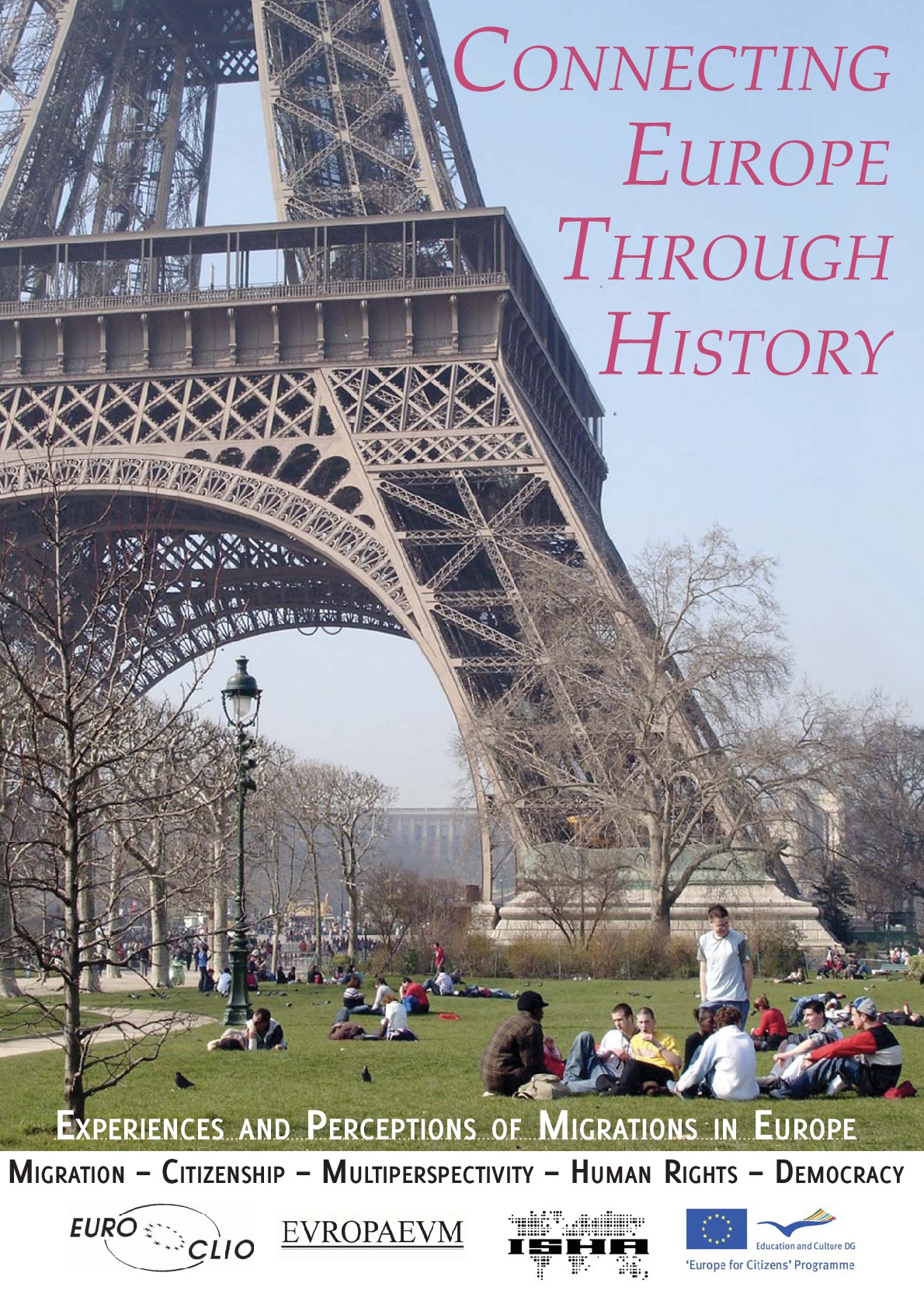This Study Guide was developed as part of the project Critical History: Adapting history education to the challenges of today’s digitized, globalized, and diverse societies in Europe. An Erasmus+ Project (2020-1-EE01-KA201-077997), the project was led by Tallinn University.
The Study Guide is aimed at students at teacher trainer colleges, as well as practicing history teachers. It contains four main chapters, each with accompanying teaching practices:
- Cultural heritage in history education (Dr. Mare Oja, Tallinn University)
- Public history and history education (Prof. Joanna Wojdon, Wroclaw University)
- Global perspectives of history education: global history, world history, big history, the anthropocene, and post-colonial history (Prof. Susanne Popp, Augsburg University)
- The role and influence of the internet in history education (Miljenko Hajdarović / EuroClio)
The Study Guide is available in English, Estonian, Polish, Spanish and German.

History is not only the past, the past is not yet history
This publication is a result of the project “Integration of [...]

Fair and Balanced History
44 Innovative Lesson Plans for Bulgarian History Education The EuroClio [...]

Difficult Path to Democracy, 1945-2000
In the context of the “Uroki Klio” project, three textbooks [...]

Crossroads of Cultures
This publication is made collaboratively by educators from Armenia, Azerbaijan, [...]

Connecting Europe through History: Experiences and Perceptions of Migration in Europe





